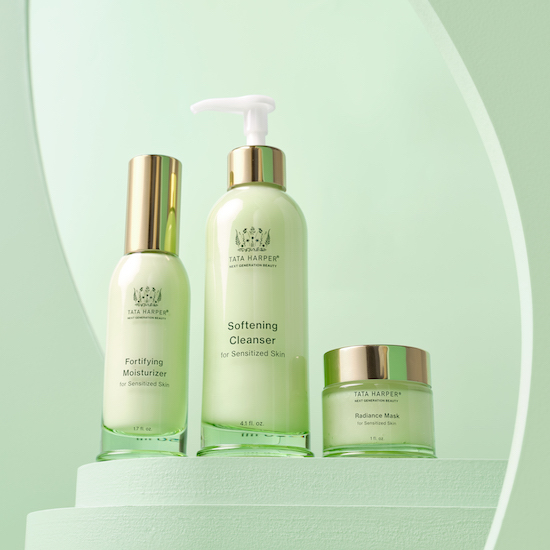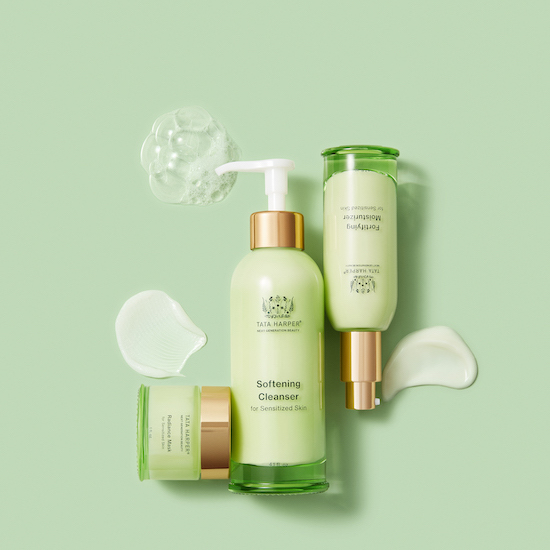Tata Harper Skincare is well-known in the beauty industry for creating luxury products ensconced in gorgeous emerald bottles. Founder & CEO Tata Harper is a leader in the farm-to-skin movement. Tata sources many ingredients from her Vermont farm. This hands-on approach allows Tata to cultivate her ingredients with care for her customers, farmers, and the environment.
Tata’s love for beauty began as a child. While growing up in Barranquilla, Colombia, she learned the art of skincare from her grandmother. Tata’s upbringing involved careful consideration of ingredients and respect for the environment. She dreamed of developing high-quality products that were safe and effective for consumers. Tata’s regenerative farming techniques give her more autonomy over ingredient sourcing. It also allows her work in tandem with farmers to build a healthy ecosystem.
As a farm-to-skin enthusiast, I was excited to learn more about Tata’s hands-on approach to skincare. I learned about Tata’s unique farming methods and how teamwork is key to her success.
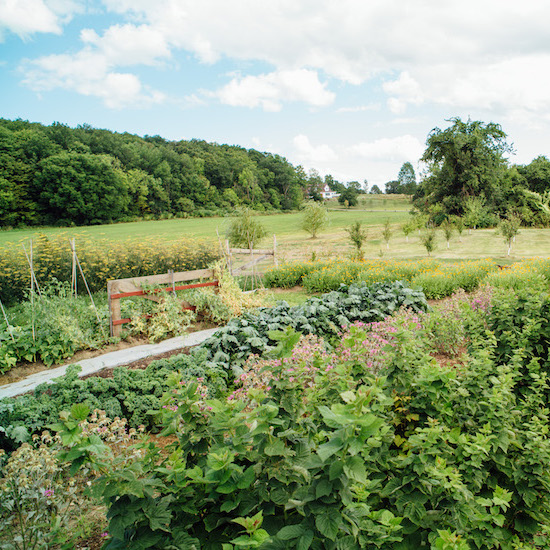
What is unique about Tata Harper Skincare’s farm-to-skin approach?
At Tata Harper Skincare, we utilize regenerative farming to support and maintain the health of our farm, the nutrient value of our ingredients, and the health and longevity of the larger community. This process is detailed, but yields the best results for our environment, our team, and our customers, since we don’t use synthetic fertilizers or pesticides. Regenerative farming practices improve the nutrient levels of the soil. This means the ingredients that grow from our farms are more nutrient dense, so our customers are receiving the most potent ingredients for effective results. The majority of our ingredients are grown on our farm in Vermont, so maintaining our processes is a priority focus of the brand.
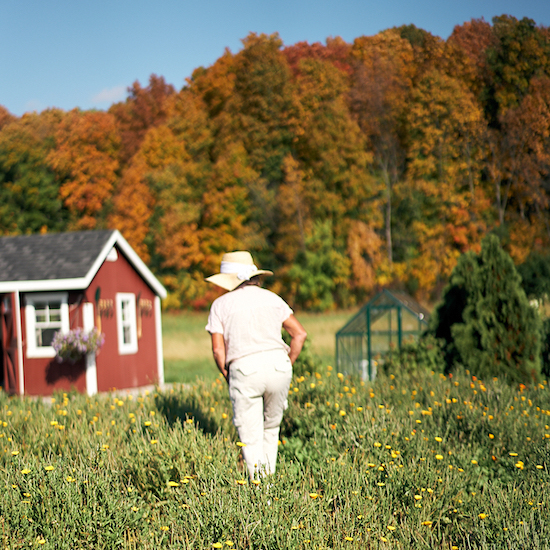
How does this approach support your farmers?
Our regenerative farming techniques require more care and physical work than traditional farming since we don’t use machinery. The machinery can potentially harm the organic, nutrient rich soil that grows our nutrient-rich ingredients. We have an extremely dedicated team of gardeners who are passionate about sustainable farming. Doreen and her team see their work as vital to a healthy environment. We support them to continue this important work.
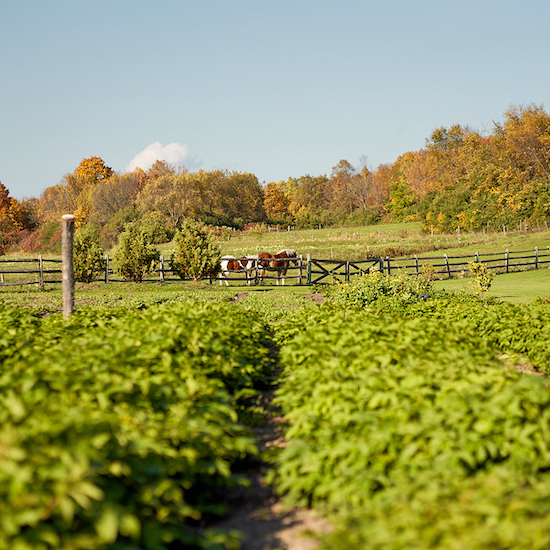
What does your relationship with your farmers look like?
Regenerative farming and our gardens are crucial to our brand and could not be done without our farming and gardening team. They are extremely passionate about their work. We love working together to create and grow the ingredients that power our products. To support communities outside of our own, I became an ambassador for Trees For The Future, an organization that is improving the lives of impoverished farmers and their families by revitalizing degraded lands. They train farmers over a four-year period through a Forest Garden Approach.
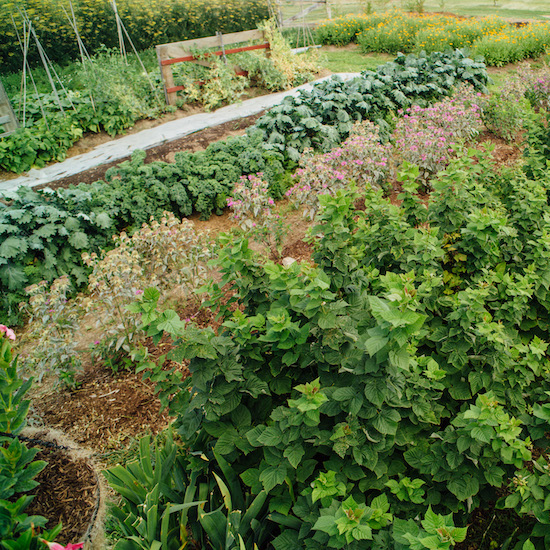
How does your farm-to-skin approach benefit the ecosystem?
We are mindful of sustainability and the environment in every part of our business. Sourcing ingredients, shipping them, and processing them, all are opportunities for unnecessary waste and energy. Our regenerative farming practices prioritize soil health by improving and maintaining a variety of bacteria and fungi within the soil for potent ingredients. This means that the soil can be used again and again for years without losing or disturbing the health of the property. For rainy months, we also utilize rain barrels so we can conserve our water usage.
We try to take a variety of measures to avoid unnecessary waste by using the natural resources around us. One of those resources being the honeybees who help us in the warmer months by pollinating the skincare garden. Since regenerative farming doesn’t use any synthetics or pesticides that can harm the bees, the skincare garden becomes a haven for them to live and pollinate. We try to make our processes as integrated into our environment as possible to create a circular, supported, long-term business.

